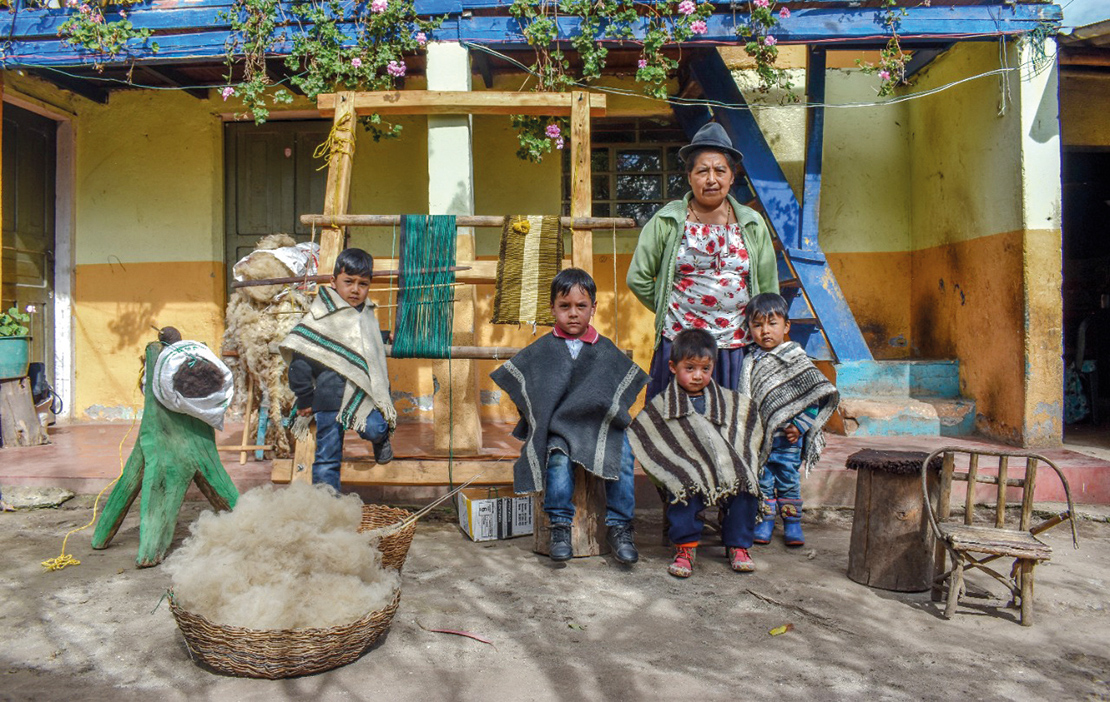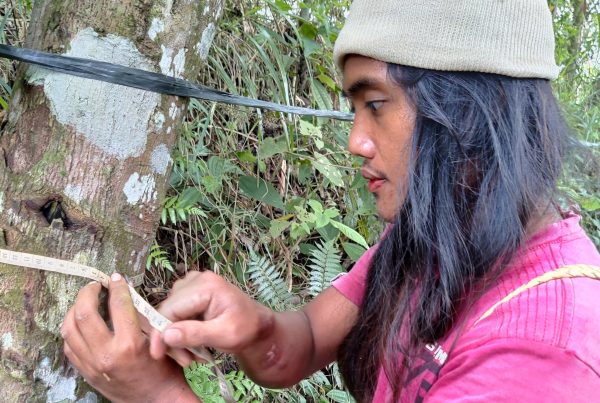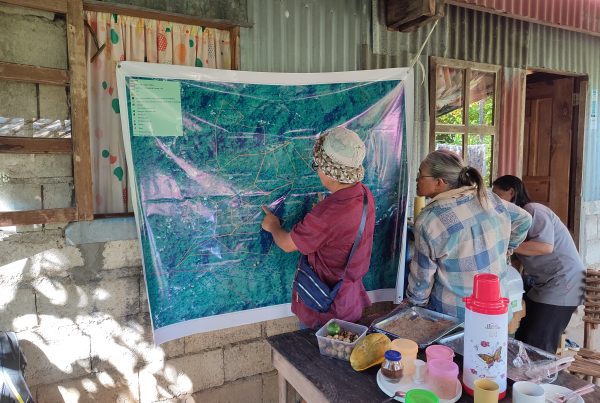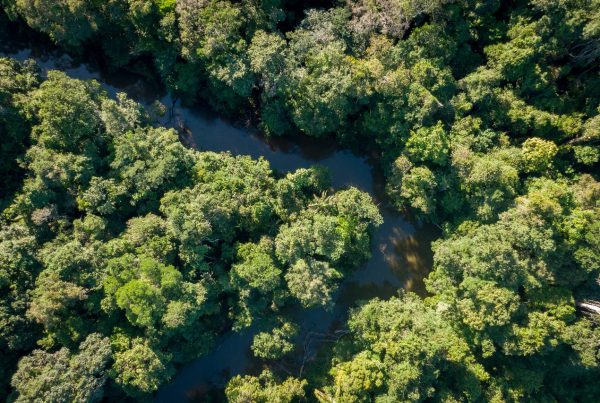The Indigenous Reserve of Ipiales is located in the Department of Nariño in the southwest of Colombia. Its population is approximately 25,000 people belonging to the village of Los Pastos.
In March 2019, a project to support the recovery and revitalisation of a local wool fabric based on indigenous knowledge began, through an alliance between the Ministry of Health, Women and Gender of the Reserve, the Indigenous Women’s Biodiversity Network, and the Center for the Promotion and Indigenous and Social Development YANAPANAKUY. The initiative addresses other areas such as the path for recognition of the territory; environmental conservation; the recovery of seeds and especially of medicinal plants; the recovery of their own food; and knowledge about food preparation.
This holistic approach gave life to the Network of (Women) Weavers of the Indigenous Guard of Ipiales, of which men, boys, girls and young people are also part.
Visible results have already been obtained, including:
- The recovery of knowledge about the preparation of sheep wool through shearing, spinning, twisting, dyeing, washing, warping and weaving with techniques and materials typical of the indigenous people;
- Construction of a community chagra (garden) of medicinal plants, which has allowed the community to revitalise their own knowledge about herbal remedies and the biodiversity of the territory;
- Recovery of traditional foods of great nutritional value, including for consumption in the project workshops. Food is served in dishes and utensils that are traditionally used in the community and are friendly to Mother Nature, avoiding the use of plastics and other contaminating materials;
- Revitalisation of one’s spirituality and cultural strengthening through indigenous ceremonies that are carried out before the workshops and other activities;
- Peer-learning and sharing, through community visits to other communities;
- Income contributions for families, and especially for women weavers, from the sale of products at fairs and other events. For example, in relation to Kolla Raymi, a sacred celebration of the moon, fertility and femininity, an exhibition and market for the sale of products from the project, and from other similar initiatives of indigenous peoples and rural communities, was organised.
Revitalising a wool fabric based on indigenous knowledge. Credit: Jorge Daniel Lucero.
Author
- Edith Bastidas, Indigenous Women’s Biodiversity Network and the Center for the Promotion and Indigenous and Social Development YANAPANAKUY, Colombia
Ecosystems
- Tropical forests
Topics
- Knowledge, Culture and Spirituality
- Gender
Type
- Short-form
Date
- This case study forms part of LBO-2, originally released in 2020.



